





Technology is already central to the success of the tutoring industry. Globally valued at $96,218 million in 2017, the US market alone predicts a compound annual growth rate of over 7%, with 72% of this growth attributable to online learning. Technology’s ability to exponentially aggregate resources, its capacity for personalisation and its global reach are just a few reasons why this is the case. The question to ask isn’t whether technology will be important in shaping the future of tutoring, but how.
In an article for Forbes Magazine, Megan O’Connor, co-founder and CEO of Clark (an online tutoring platform) estimates nearly 90% of this growing industry is being handled by businesses earning $1 – $2 million. Times have changed and tutoring is now big business with a broader appeal.
Another growth driver may be the change in the socioeconomic landscape over the last 20 years, characterised by a growing middle-class and demonstrated by the fact that a quarter of all secondary school children have accessed private tuition at some stage.
With this growing audience, it would be understandable to assume that the future lies in automation, with artificial intelligence adopting the roles of tutors and putting the learner in the driving seat. However, financial projections suggest otherwise, with the self-managed e-learning (online learning that does not require a tutor or facilitator) market set to decline over the next 5 years despite overall growth predicted across the sector.

One of the reasons for this may be the irreplaceable nature of the emotional human connection between student and teacher, together with the power of community experience in learning. Put simply – perhaps we perform better when we’re directly accountable to others and invested in a relationship?
Technology and human connections are not mutually exclusive and in many ways, the most innovative technical solutions effortlessly enable these relationships, putting real people at the heart of the experience.
One sector seeing growth from this approach is the fitness industry. Peloton; an at home, work-out streaming service have combined an overt ‘tech’ offering with their highly engaging, real-life instructors – leading to rapid growth and a recent $4 billion valuation. As Marisa Lifschutz, lead industry analyst at research firm IBISWorld, told CNBC, “…its [instructors are] definitely one of their biggest advantages over alternative at-home fitness equipment and gym and cycling classes”.
An advert showcasing Peloton
And the technical opportunity needn’t end with simply connecting the student with the teacher, but also in helping to identify our most suitable tutor ‘match’. Artificial Intelligence has the potential to algorithmically pair learners with the most compatible tutor and some schools are already experimenting with this approach.
This business logic mirrors that of dating apps, using your responses to a few questions to recommend a tutor and customise your learning pathway. The algorithm of the future, however, will be able to interpret your behaviour from online activity, understand your personality from your friends and learn how to motivate you from what you buy, like and share (privacy issues notwithstanding).
Tutors themselves can also expect to benefit from future tech. Educators rely heavily on the quality of their teaching materials and emerging technology has the power to make that material more engaging than ever
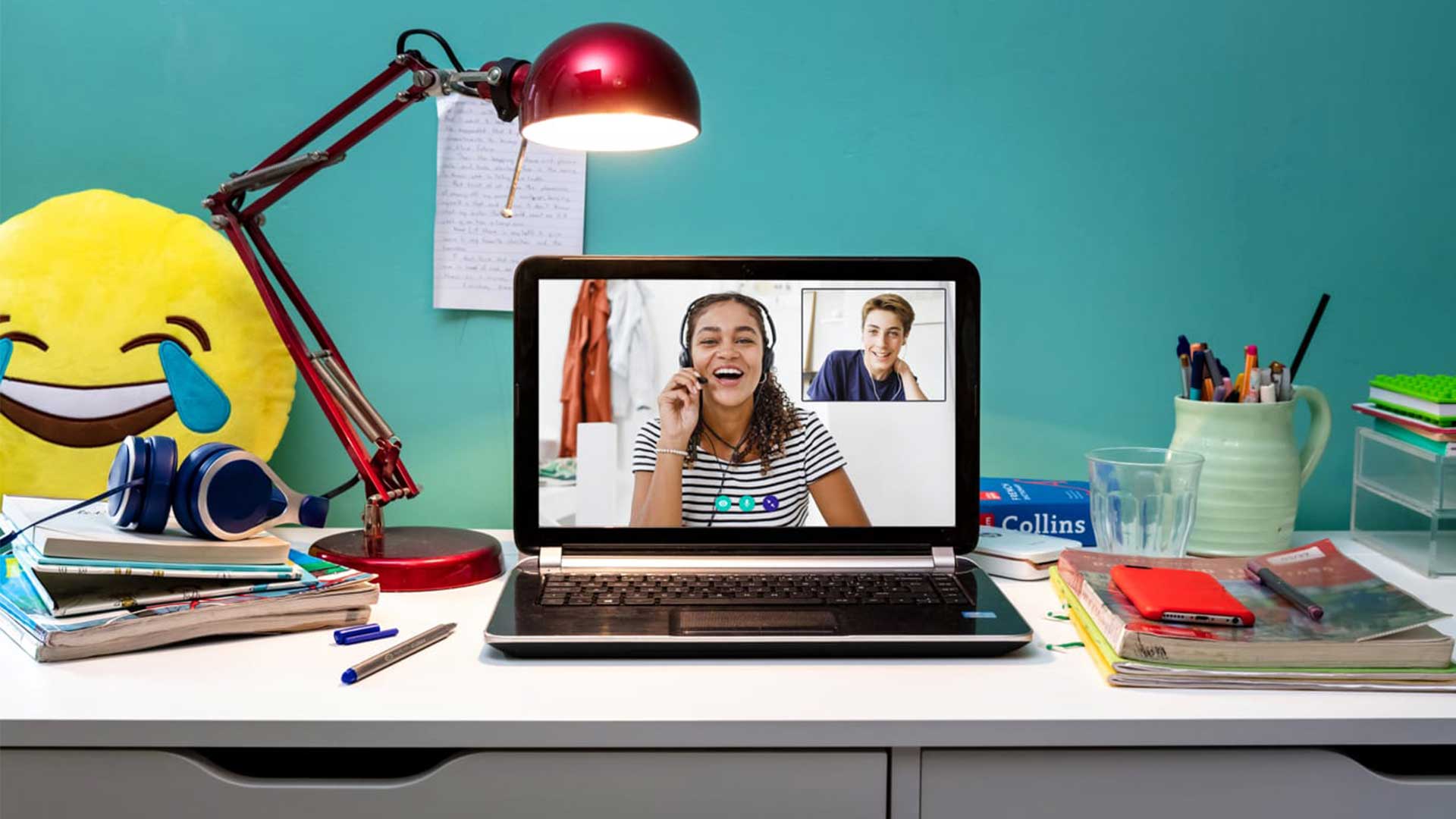
Example of online one-to-one lessons through https://www.mytutor.co.uk/
Augmented and Virtual Reality have an increased capacity to bring complex and abstract ideas to life through experienced-based learning. Imagine learning about the rise of the Roman Empire from inside a rebuilt and bustling Colosseum – or discovering the nuances of Tudor politics from within Henry VIII’s privy council meetings.
Brandwidth’s work ranges from building one-to-many coaching platforms to automotive applications used by Toyota, harnessing augmented reality to demystify how hybrid technology works and providing customers with a much-improved buying experience with measurable business results.
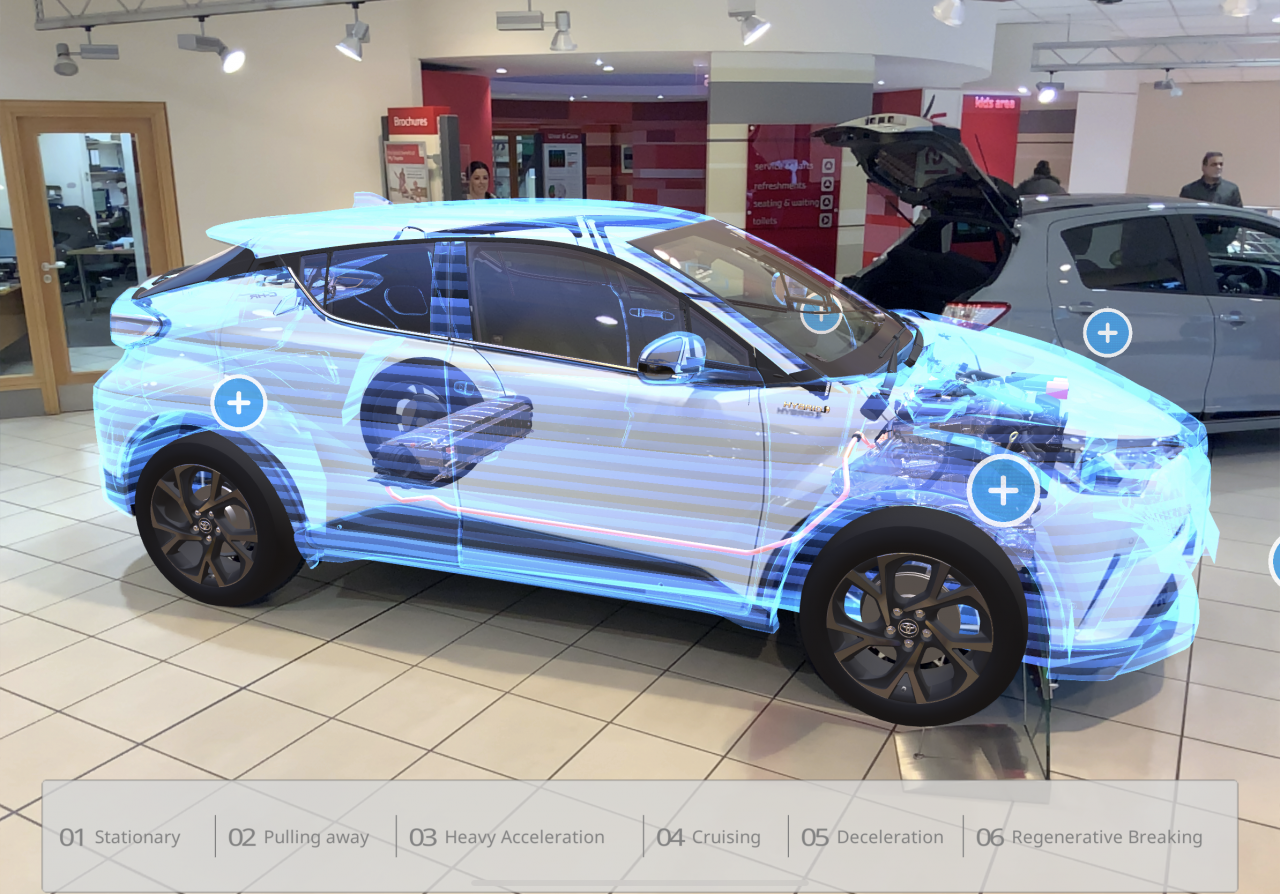
Example of Brandwidth Toyota Hybrid Augmented Reality application
It seems inevitable that technology will continue to influence this sector, bringing enhanced learning experiences to the mass market and creating a huge business opportunity for those prepared to experiment and innovate.
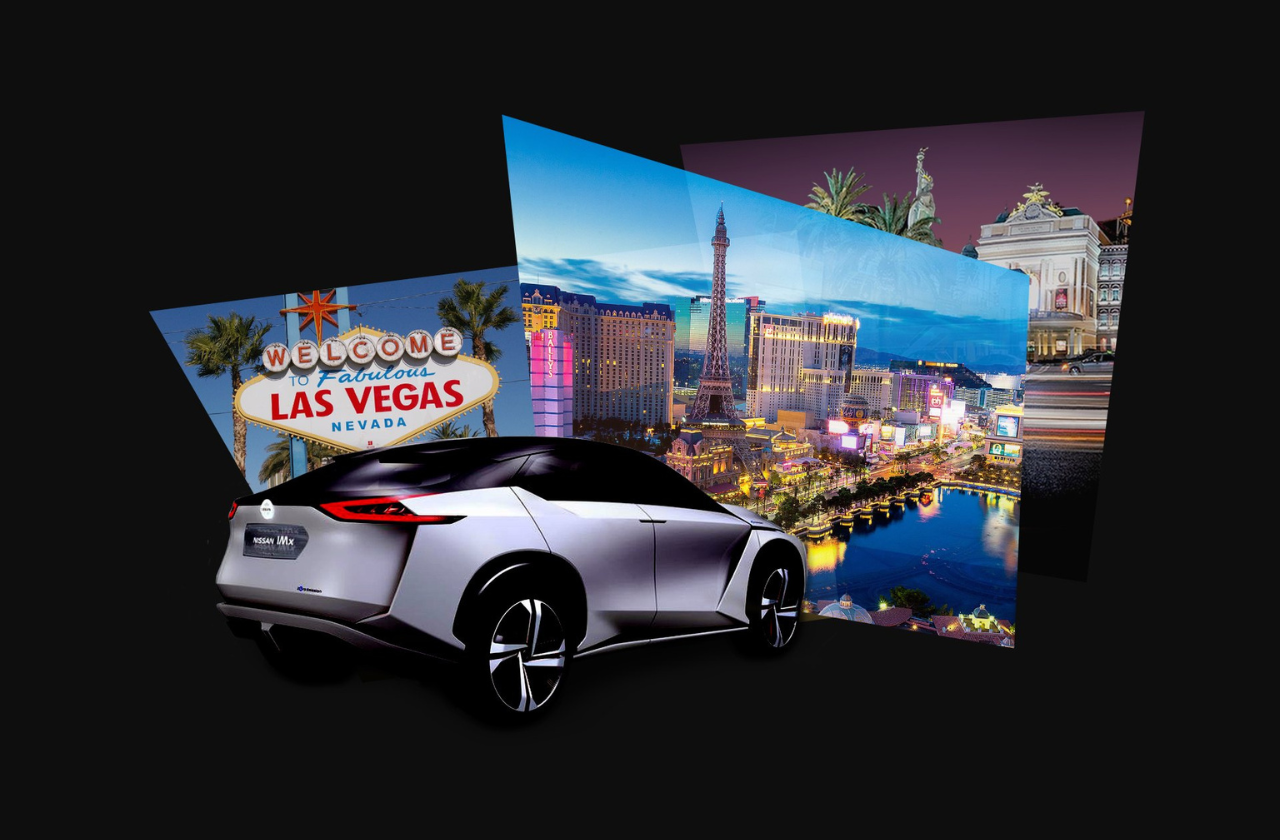
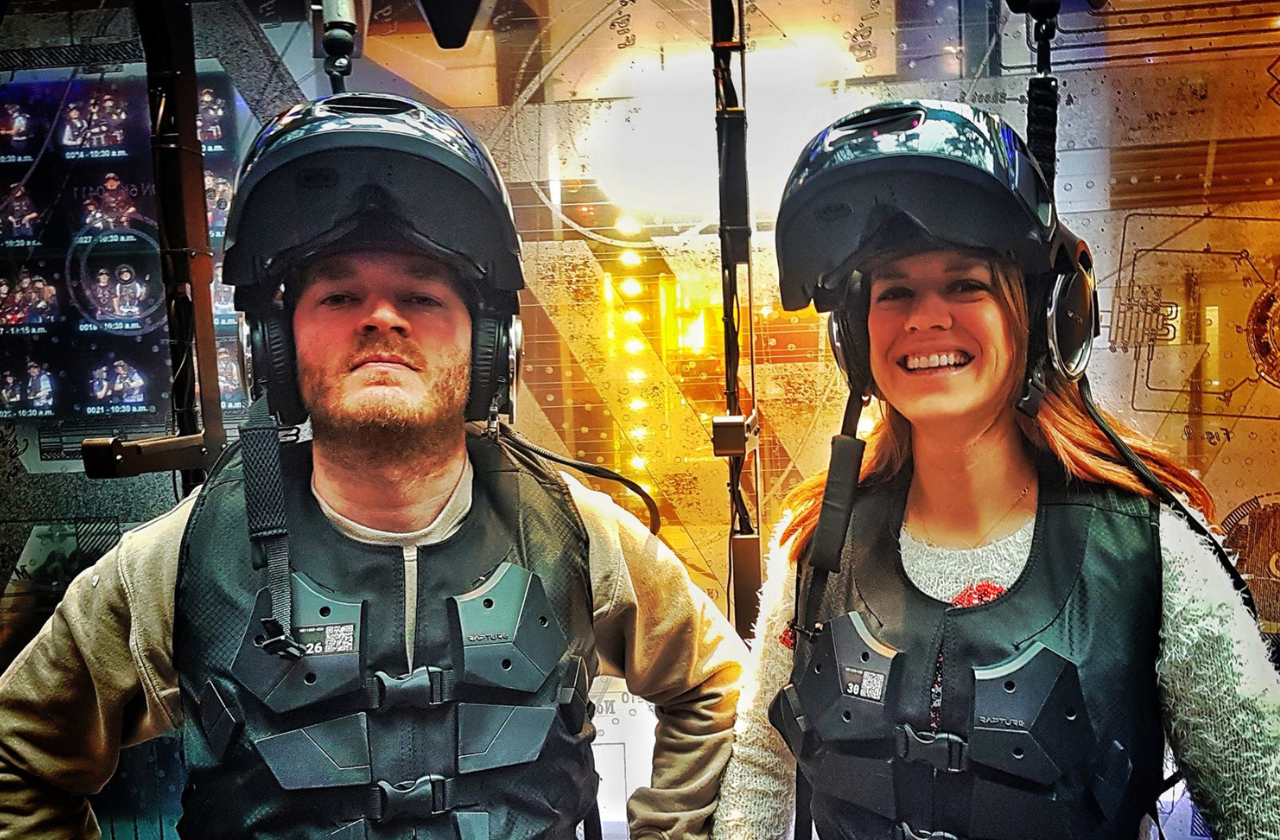
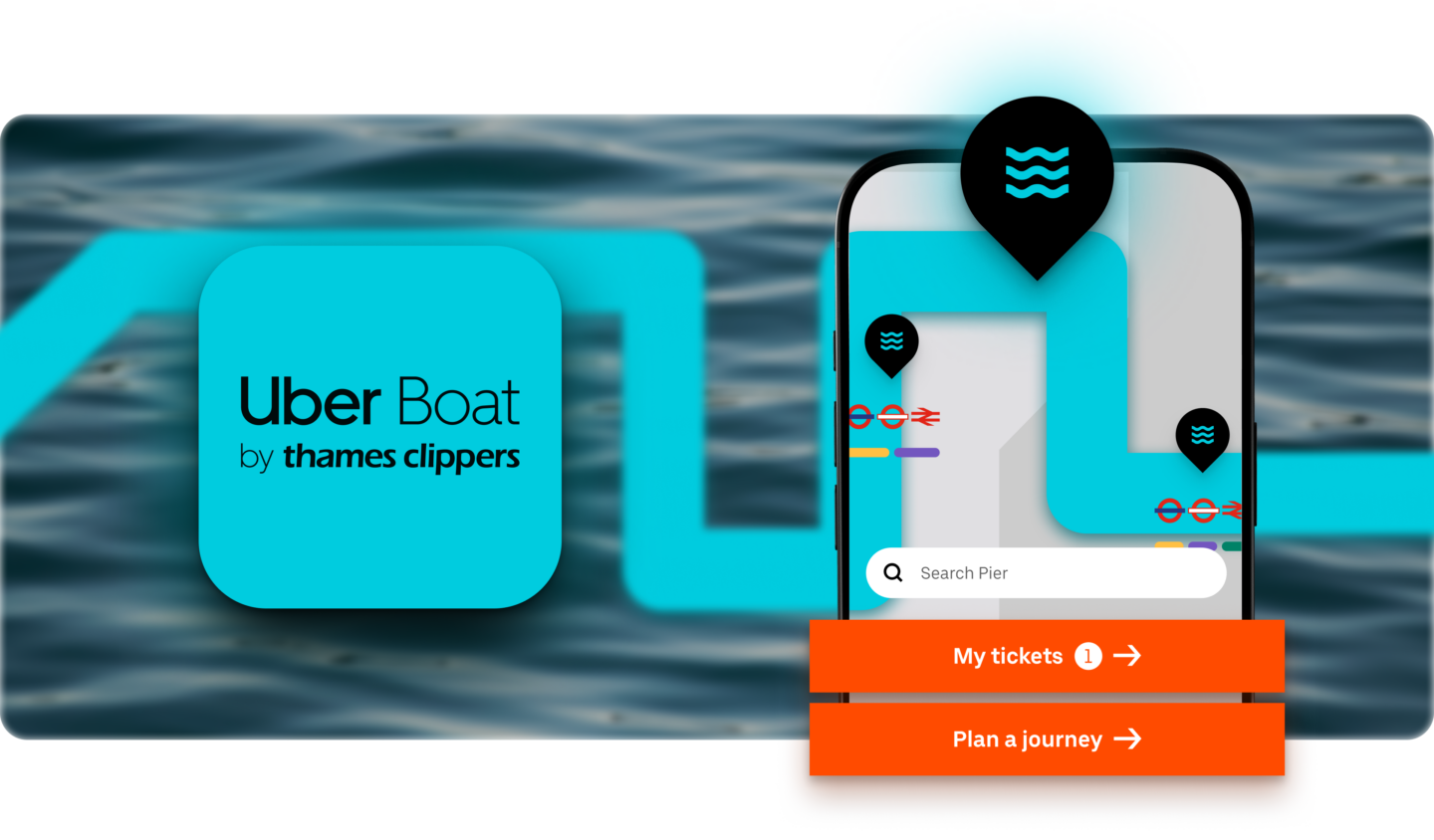
Connected commerce that scales. We design, engineer, and enable seamless ecosystems that connect channels, people, and performance, and convert across every touchpoint.
Learn more